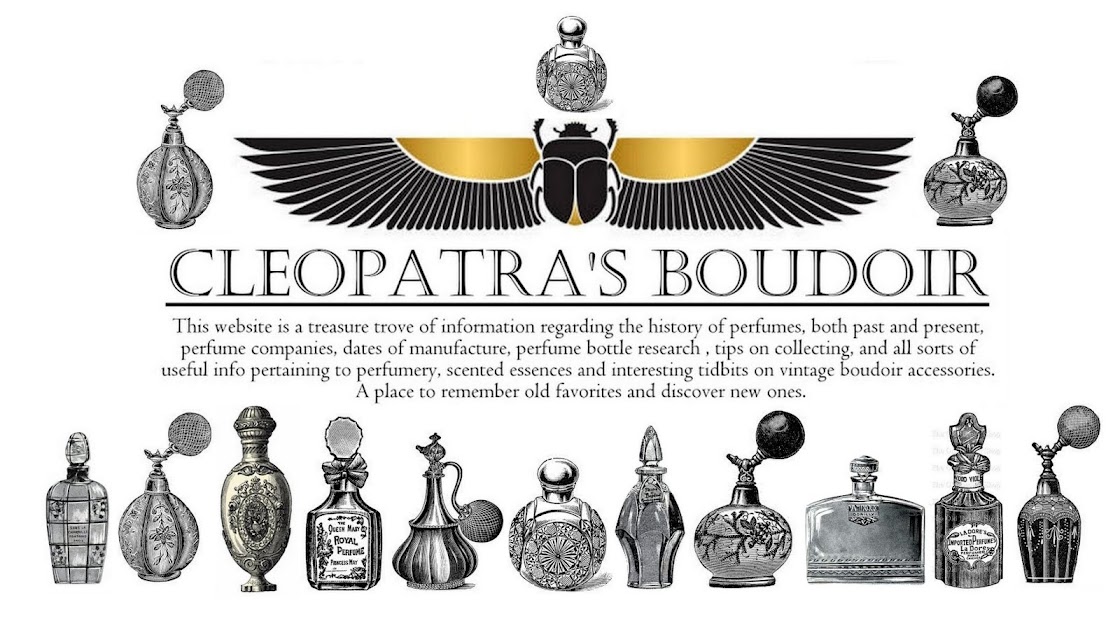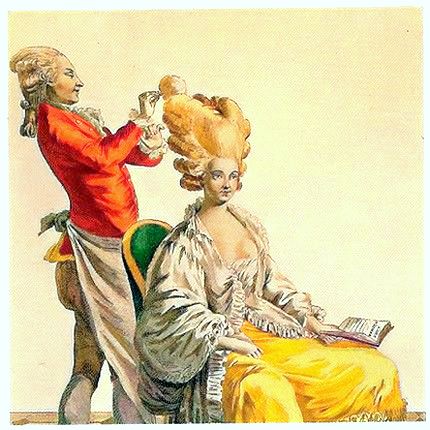L'Envie Parfum Shampoos & Conditioners debuted in 1986. This was a line of highly perfumed hair products that imitated the best selling perfumes of the era.
"For soft; sensual hair that smells as beautiful as it looks."
It't rich, luxurious formula contained soft emollients to soothe the hair and make it sensually soft to the touch. What it did not contain, was any of the famous perfumes it was imitating.
- Ember Musk: a fragrance similar to classic musk perfumes
- Cypress: a fragrance similar to White Linen
- Legace: a fragrance similar to Vanderbilt
- Siam: a fragrance similar to Opium
- Capture: a fragrance similar to Obsession
- Milano: a fragrance similar to Giorgio
These hair products were not manufactured, licensed nor endorsed by any of the following brands: Giorgio Beverly Hills, Estee Lauder, Gloria Vanderbilt, Calvin Klein, Yves Saint Laurent and Coty.
L'Envie was manufactured by S.C. Johnson.
By 1988, the line was dropped as it did not do as well as expected. It was said by fragrance consultant, Barry Jacobs, that women tend to think of perfume as sticky and oily, and this is something you'd expect a shampoo to wash out of your hair. The line did not include scents for men and excluded women who hated fragrance in their shampoos. "We are close to dumping the line," said one buyer a a leading national drugstore chain.
It was also plagued by legal problems and flawed marketing.
The moment that L'Envie hit retail shelves, the threats from major perfume companies started rolling in. Cosmair, Inc, owner of the Vanderbilt trademark filed suit. Estee Lauder, Inc, the holder of the White Linen trademark, also considered joining in on the lawsuit. Cosmair originally demanded that the 1 million products already on the shelves be pulled.
In 1986, Cosmair had won a temporary restraining order against SC Johnson that prohibited the distribution of its new L'Envie shampoos and conditioners. L'Envie, produced by the Agree shampoo and conditioner line, printed Cosmair's Vanderbilt fragrance title on the containers. Cosmair declared trademark infringement and unfair competition as reasons for the court order. Although SC Johnson claimed to be solely in the shampoo and conditioner selling business, Cosmair charged that its marketing strategies copied those of "knockoff-fragrance marketers" by printing misleading material on the wrapping.
Sued by Cosmair Inc., SC Johnson settled out of court in 1987 by agreeing to add disclaimer stickers to the front of it's bottles. The settlement included an order for a more prominent disclaimer on the package. A temporary restraining order issued in federal court required ads to carry a similar disclaimer. The results satisfied the other fragrance companies.




































